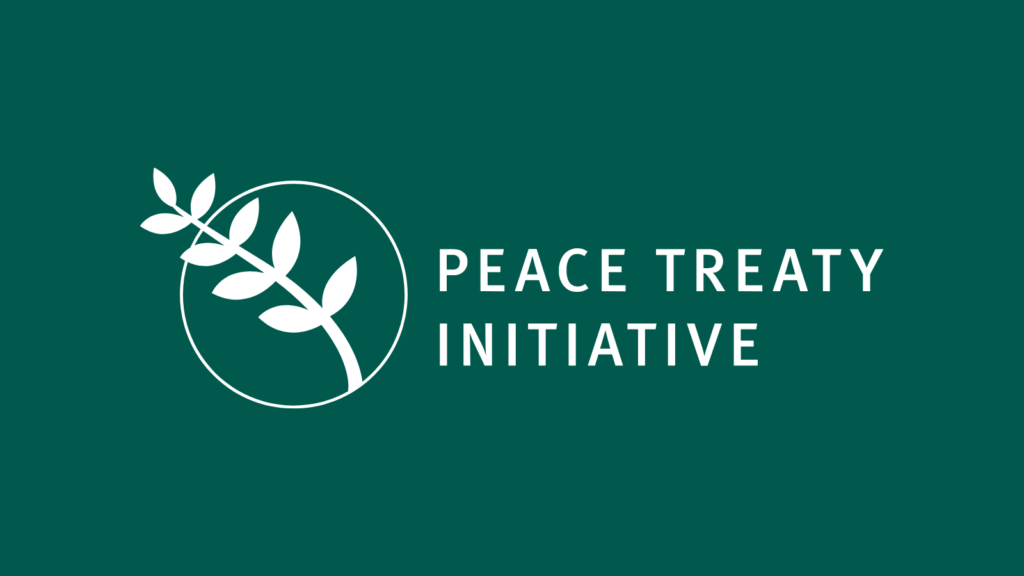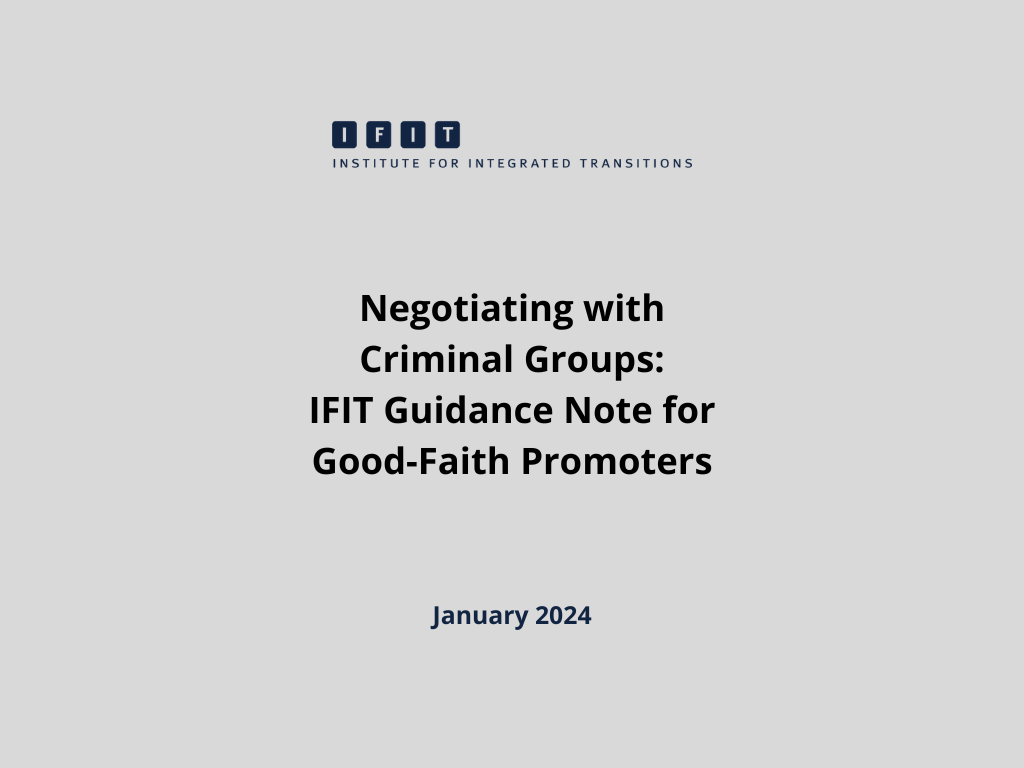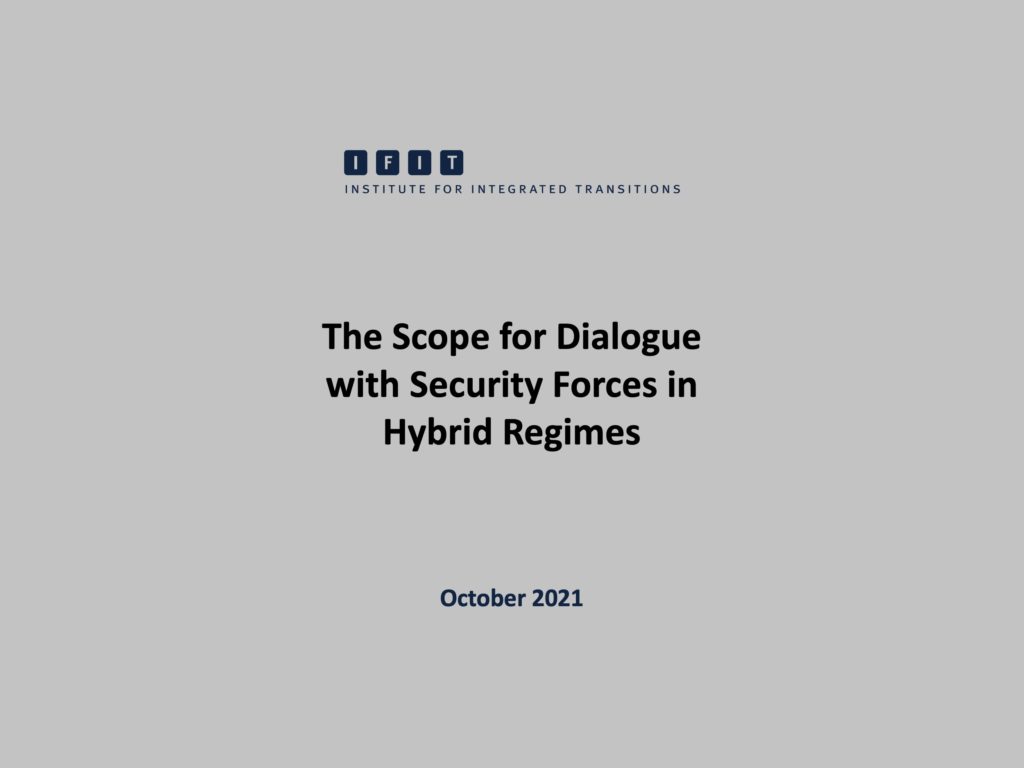Publication
/ Law and Peace
Jul 2020
Negotiations with Criminal Groups in Latin America and the Caribbean
This discussion paper is part of a larger project developed by IFIT’s Law and Peace Practice Group on whether and how to negotiate amnesty and accountability questions with unconventional armed actors, including violent organised crime groups such as mafia, gang networks and drug cartels.
The paper draws from original IFIT first-person interviews with negotiators, with a focus on choices made in diverse cases from Latin America and the Caribbean. Among the paper’s findings are that negotiations with organised crime groups 1) tend toward pragmatic and limited goals, not abstract and transformational ones; 2) replicate most process design choices, internal dynamics and policy dilemmas associated with more classical peace talks involving politically-motivated militant groups; 3) arise more often out of necessity and lack of deterrence capacity than political or moral preference; and 4) tend to operate secretly and informally in light of expected public opprobrium.
The DOI registration ID for this publication is: https://doi.org/10.5281/zenodo.10474356
You may also be interested in
This discussion paper is part of a larger project developed by IFIT’s Law and Peace Practice Group on whether and how to negotiate amnesty and accountability questions with unconventional armed actors, including violent organised crime groups such as mafia, gang networks and drug cartels.
The paper draws from original IFIT first-person interviews with negotiators, with a focus on choices made in diverse cases from Latin America and the Caribbean. Among the paper’s findings are that negotiations with organised crime groups 1) tend toward pragmatic and limited goals, not abstract and transformational ones; 2) replicate most process design choices, internal dynamics and policy dilemmas associated with more classical peace talks involving politically-motivated militant groups; 3) arise more often out of necessity and lack of deterrence capacity than political or moral preference; and 4) tend to operate secretly and informally in light of expected public opprobrium.
The DOI registration ID for this publication is: https://doi.org/10.5281/zenodo.10474356







